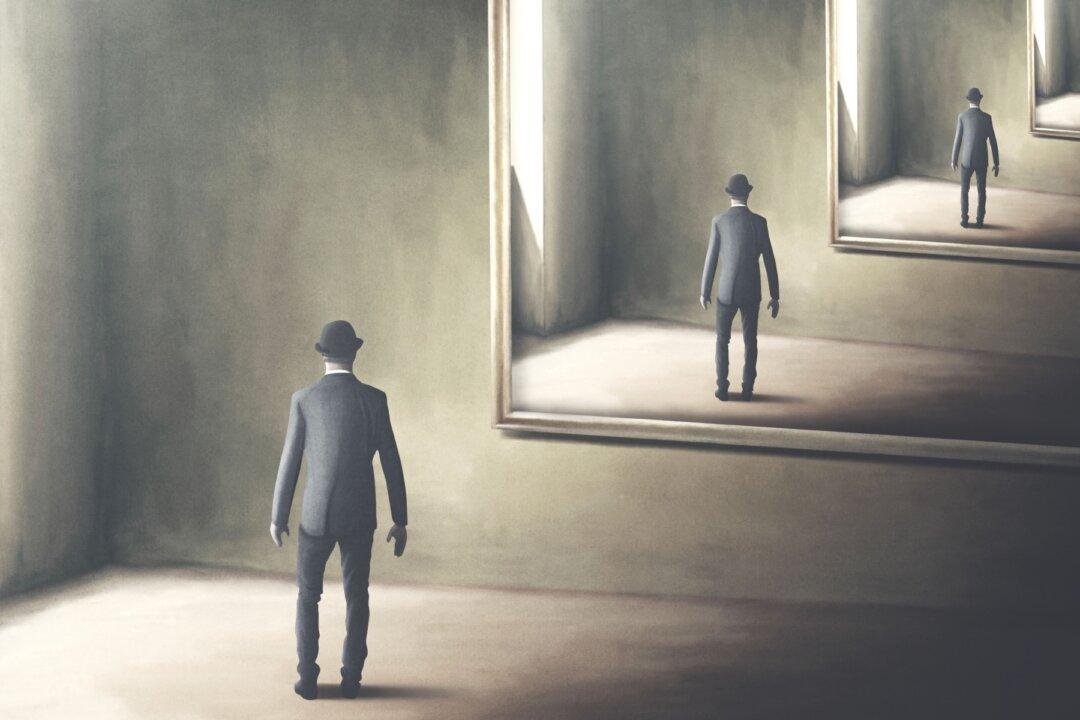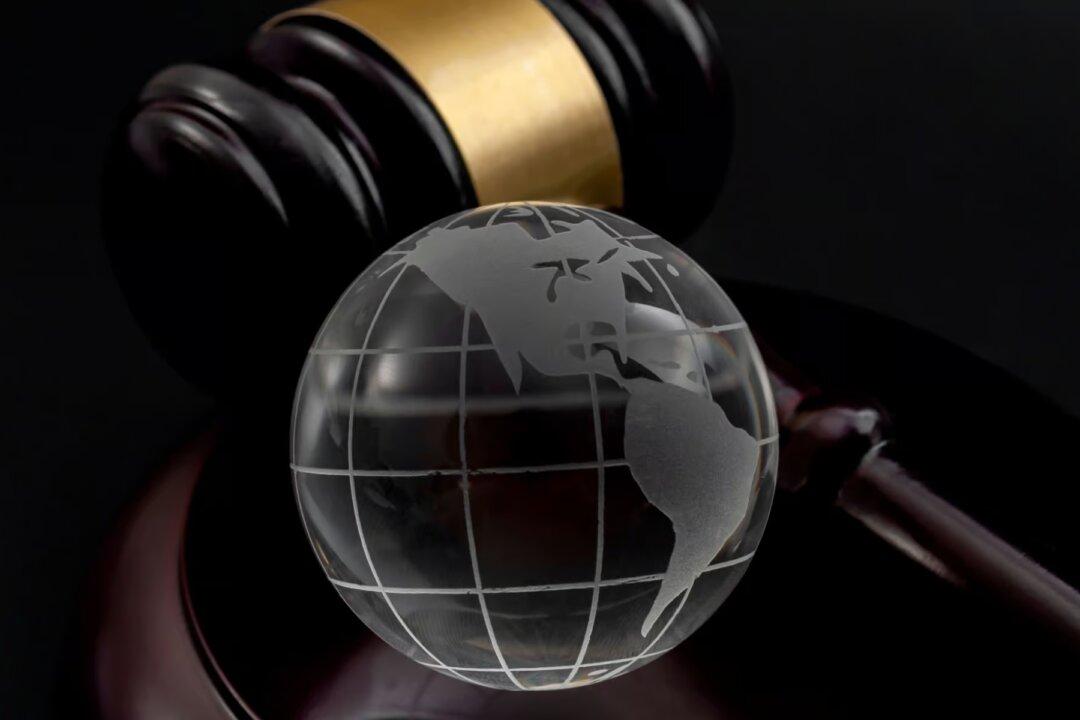Commentary
The digital era exposes citizens to a dizzying range of sources of information and evidence. The old days when public information was vetted by a few prominent newspapers and TV and radio stations are over. Under these circumstances, censorship and expert control can seem like an efficient way to bring order, coherence, and predictability into a maelstrom of conflicting sources of evidence and information. But this solution, however emotionally consoling, is ultimately bound to fail, because it naively assumes that rational inquiry can be effectively steered toward the Truth through authoritarian, top-down control over public deliberation.





